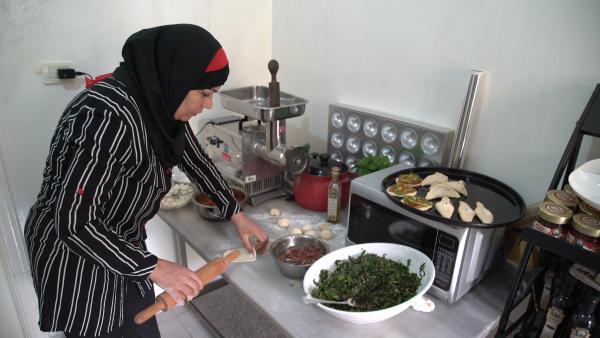Civil protection: Council presidency and European Parliament reach provisional agreement
The Council presidency and European Parliament representatives today reached a provisional agreement on a proposal to strengthen the EU civil protection mechanism.
The proposed new rules will allow the EU and the member states to be better prepared for natural and man made disasters and to respond faster when they strike, including in cases which affect a majority of member states simultaneously. The text also sets out the funding of the civil protection mechanism in the context of the multiannual financial framework 2021-2027.
The EU civil protection mechanism is an essential tool of EU solidarity. It has provided vital support for member states facing devastating fires, earthquakes and other disasters. However, the Covid-19 pandemic has shown us the challenges faced when many member states are in need of support simultaneously. The new rules will allow us to be even better prepared for similar situations in the future.
Eduardo Cabrita, Portuguese Minister of Home Affairs
The proposed rules will allow the European Commission to address gaps in the area of transport and logistics, and, in cases of urgency, directly procure certain additional rescEU capacities. These rescEU capacities, as well as those hosted by member states, will be fully financed from the EU budget.
Prevention and preparedness will also be improved under the proposed regulation. The Commission, in cooperation with member states, will define and develop EU disaster resilience goals in the area of civil protection. These non-binding goals will be set out in Commission recommendations and will be based on current and forward looking scenarios, including data on past events and the impacts of climate change on disaster risks.
The text foresees a total of €1 263 million in funds for the 2021-2027 period, following the political guidance provided by the European Council on 21 July 2020. It also includes an amount of up to €2 056 million to implement the civil protection related measures to address the impact of the Covid-19 crisis foreseen in the EU recovery instrument.
This is an increase of over three times as compared to the 2014-2020 budget. It reflects the strengthening of the EU’s collective response to disasters, including the recent establishment of a reserve of capacities (rescEU), the reinforcement of the European civil protection pool and the improvements in disaster prevention and preparedness.
Moreover, the proposed regulation sets out the percentage of funds to be allocated to prevention, preparedness and response, while providing for a margin of flexibility. In case of urgent need, the Commission will be able to reallocate funds to response actions beyond the flexibility margin. This flexible approach will allow the EU to better react to the unpredictable nature of disasters and make use of the funds where they are most needed.
Background
The EU civil protection mechanism was first established in 2001 and it coordinates the response to natural and man-made disasters at the EU level. Its objective is to foster cooperation among national civil protection authorities, increase public awareness and preparedness for disasters and enable quick, effective, coordinated assistance to affected populations.
The EU civil protection mechanism includes a European civil protection pool. This is a voluntary pool of capacities pre-committed by member states for immediate deployment inside or outside the EU. The civil protection mechanism was last amended in 2019, when an additional reserve of resources, called rescEU, was created to provide assistance in situations where overall existing capacities are insufficient.




